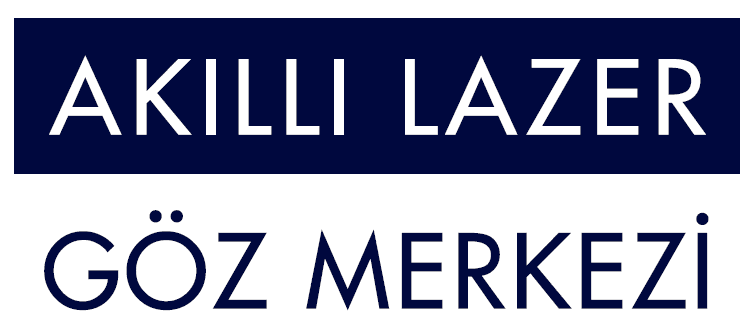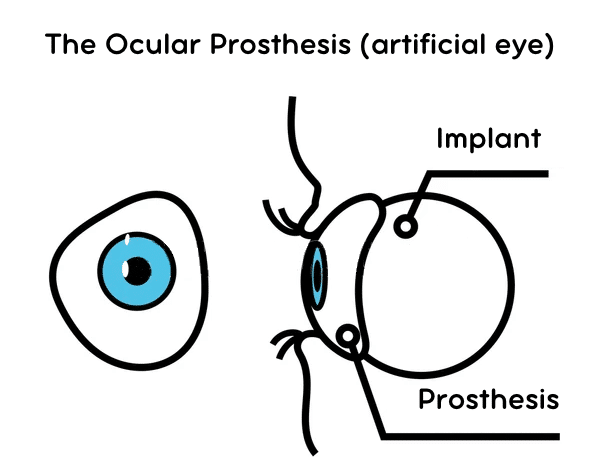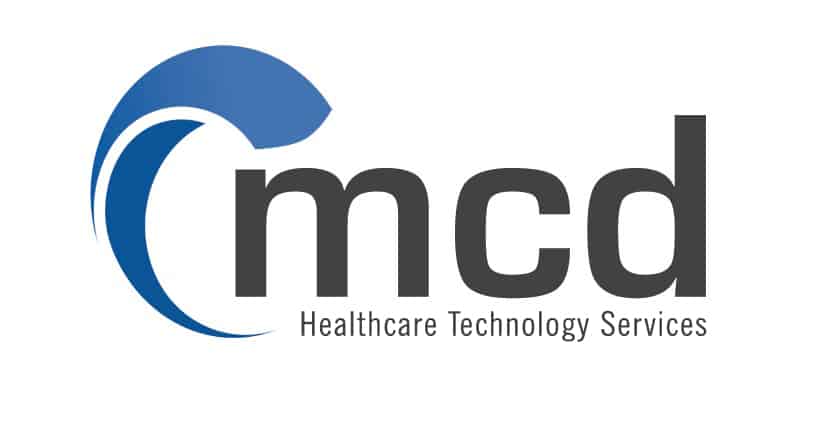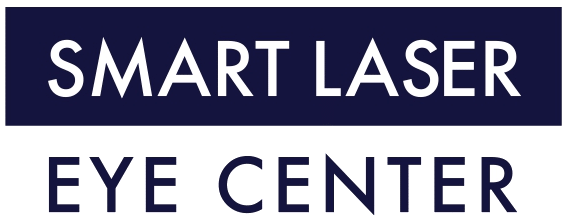Evisceration and Enucleation – Prosthetic Eye Surgery
Evisceration and Enucleation
What are Enucleation and Evisceration?
Especially, Enucleation and Evisceration are terms of Prosthetic Eye Surgery that refer to surgery to remove the eye from the eye socket or orbit for the ocular prosthesis (artificialeye). Enucleation is the surgical removal of the entire eyeball, leaving behind the lining of the eyelids and eye muscles. Evisceration removes only the contents of the eye, leaving the white part of the eye (sclera) and eye muscles intact.
In Evisceration or Enucleation surgery
It is necessary to prepare the prosthesis before placing the prosthesis in the empty eye socket. Orbital implants and ocular molds place inside the eye are use to adapt to the tissue surrounding the eye to prepare the eye socket. Especially, the two-part orbital implant and ocular prosthesis system provides a stable and well-tolerated aesthetic restoration of the eye socket. By placing the orbital implant and ocular prosthesis, a natural appearance can be obtained even if vision cannot be achieved by removing the eye.
Also, orbital implants are spherical prostheses that are place behind the lining of the socket (conjunctiva) to replace the tissue volume lost when your eye is remove. Extra ocular muscles can be attach to the implant surface to prevent implant displacement and assist socket movement.
Especially, ocular molds are design for use after surgery to prevent closure or adhesions during the healing process. The adaptors are small, acrylic cup-shaped apparatuses whose inner surfaces are shaped approximately according to the curvature of the orbit. Mold use creates a significant clinical difference in patients. The molds will stay in place for 6 to 8 weeks as the eye socket heals and swelling decreases.
The Ocular Prosthesis (artificial eye)
It is a type of prosthesis that replaces the natural eye that is not present after an enucleation, evisceration or orbital exonation. Accordingly, the prosthesis replaces the molds and fits over an orbital implant and under the eyelids.
Especially, the eye surgeon who will perform this surgery should specialize in the manufacture and fitting of ocular prostheses for people who have lost an eye or eye due to trauma or disease.
Why is Enucleation or Evisceration necessary?
Particularly, after a serious injury, an eye may need to be remove an intra ocular tumor (tumors inside the eye), control pain in a blind eye, relieve a serious infection within the eye, or cosmetically improve a disfigured person.
Are alternative treatments available?
Also, there may be other treatments available and your doctor will discuss these with you. If you think you need more information, please consult your doctor.
What happens if I choose not to have the surgery?
Especially, if you choose to ignore your eye, there can be several different outcomes. An intra ocular tumor may continue to grow or spread to other parts of the body, making treatment more difficult. Also, an infected eye can get worse and the infection can spread, making treatment and pain management difficult.
Why should you choose one procedure over another?
Enucleation is the procedure often use if the eye is remove to treat an intra ocular tumor, serious infection, or to reduce the risk of developing a serious autoimmune condition (called sympathetic ophthalmia) following trauma to the eye.
Evisceration is a less invasive procedure and may be an option depending on the condition of the eye to be operate on. Also, your surgeon will recommend the most suitable surgery for you.
How is the surgery done?
Both surgeries are perform in the operating room and under general anesthesia. Especially, a ball-shaped spherical implant is place behind the conjunctival tissue in your socket to replace the tissue volume lost when your eye is remove. The implant material is silicone, plastic and porous implants such as Medpor (porous polyethylene), hydroxyapatite or bioceramic.
The implant can then be attach to the eye muscles to allow movement of the implant and the artificial eye when locate.
At the end of the surgery, a mold (thin plastic shell) will be place in the eye socket to help maintain the shape of the socket and reduce swelling.
Addition to that, you will be given anesthesia during the operation. Usually, This is effective in relieving pain within a few hours of surgery. After that, any pain is usually well controlled by pain relievers. Especially, the operation takes about one to two hours and you may need to stay in the hospital for 1 day after the operation.
Usually, a pressure bandage is put on to help with swelling. Especially, when it heals, your eye socket will look similar to the skin on the inside of your lip. Also, your tear function will not be affect and you will be able to open and close your eyelids normally when you have your artificial eye fit.
Before and on the day of surgery:
Before your surgery, your doctor will talk to you about your surgery. On the day of your surgery, our doctors will do some tests for you.
What to bring with you on the day of surgery:
- Medicines you take regularly.
- Personal items you may need.
After surgery?
- You will wake up in the recovery room and will have a pressure bandage or pad over your operated eye.
- If you need to stay in the hospital after waking up, you will be taken to your room.
- If your doctor allows you to go home, you can go home the same day.
- Your eye socket will be red and likely swollen for several weeks.
- Especially, you can see colors and other images from the side of the process (ie ‘ghost eye’). This symptom resolves on its own.
- The pressure pad will remain open for 6 to 14 days.
- When the pad is remove, eye drops and/or ointment will be used in the socket to aid healing.
- For some patients, eye drops can be challenging, so you may need someone to help you. Be sure to wash your hands before and after using the drops.
- You should rest for the first 2-3 days after the operation. Movement of your remaining eye also causes the implant to move, which can cause pain. Therefore, avoid bending over as this can put pressure on the socket and can be painful.
- Meanwhile, your doctor will give you pain relievers and anti-nausea medications.
- Usually, a patch is attach to the eye socket until the artificial eye is ready.
- You will have a follow-up appointment with your doctor about 4 to 6 weeks after your procedure. This will help detect any complications that will need further treatment.
- An artificial eye, known as a prosthesis, will be fit after the surgery.
For more detailed information, you can make an appointment with our doctor.
Useful Links
What is Prosthetic Eye Surgery cost, About Eye Uveal Melanoma – Eye Cancer Treatment, Vitrectomy Surgeries, About Keratoplasty Surgery Periodic Eye Examinations.
Your Expert Eye Surgeon
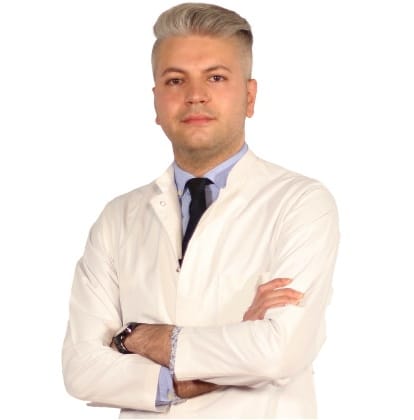
Education Information
He completed primary, secondary and high school in Baku. He graduated from Azerbaijan Medical Faculty in 2010. He completed his ophthalmology residency in Baku National Ophthalmology Center Azerbaijan . He was entitled to receive the Presidential Scholarship of the Republic of Azerbaijan in 2014, and completed the equivalence of specialization in Turkey in the Department of Ophthalmology, Faculty of Medicine, Selcuk University in 2014-2018, and worked as a research assistant and ophthalmologist at the university until 2018. He worked as an Ophthalmologist at Private LIV Hospital Nation between 2019-2022.Work experience:
- Selcuk University Faculty of Medicine
- Private LIV Hospital Ulus
Certificates, Memberships, Scientific Research:
- Peroperative developing choroidal detachment and its management.
- Surgical Approach in Posterior Polar Cataract.
- Iatrogenic retinal artery occlusion caused by cosmetic facial autologous fat filler injections.
- Effect of Smoking on Ocular Surface and Corneal Nerves.
- Lupus choroidopathy in a patient with discoid lupus erythematosus.
- Endophthalmitis and its treatment with early parsplanavitrectomy.
- Turkish Ophthalmology Association.
Specialized Treatments and Surgeries:
- Retractive Laser Eye Surgery: iLASIK (Femto Lasik), LASIK, LASEK, Trans Epithelial PRK (NO TOUCH) and SMILE
- Cataract Surgery (Smart Lens Surgery)
- Keratoconus Treatments – Cross-Linking Surgeries
- Pterygium Surgery
- Dry Eye Disease and Treatments
- Strabismus Surgery
- Glaucoma- Glaucoma Eye Pressure Treatments
- neuro ophthalmology
- Retinal Diseases Treatments
- Oculoplasty
- Uveitis Diseases
- Ectropion and entropion surgery – Eyelid deformity treatments
- Enucleation and Evisceration Prosthetic Eye Surgery
Foreign language:
- English
- German
- Russian
- Azerbaijani
- Turkish
MEDICAL UNIVERSITY of Selcuk
12 Years of Experience
>8.000 Surgery
Definitely avoid low-cost Prosthetic Eye Surgery
You may think that a cheap Prosthetic Eye Surgery is right for you. This might be fine if you're buying a cheap TV, but it's not worth the gamble with your eyesight. But as you know, having cheap eye surgery means sacrificing technology, physician quality, medical care and sterile conditions, and most importantly, taking risks. The issues that fall on a patient who wants to have cataract surgery and should pay the most attention; The hospital with the latest technology in cataract surgery and imaging devices, a sterile environment, and an experienced doctor and clinical team should be selected. We would like to remind all our patients that they only have two eyes and that the most important and most sensitive sense organ is their eyes.
None of these things are more important than your eye health, and we do not compromise on quality and cutting-edge technology. We offer you our prices in a very understandable, fair and affordable way.
There are no hidden costs in our pricing. We make Prosthetic Eye Surgery affordable for you.
